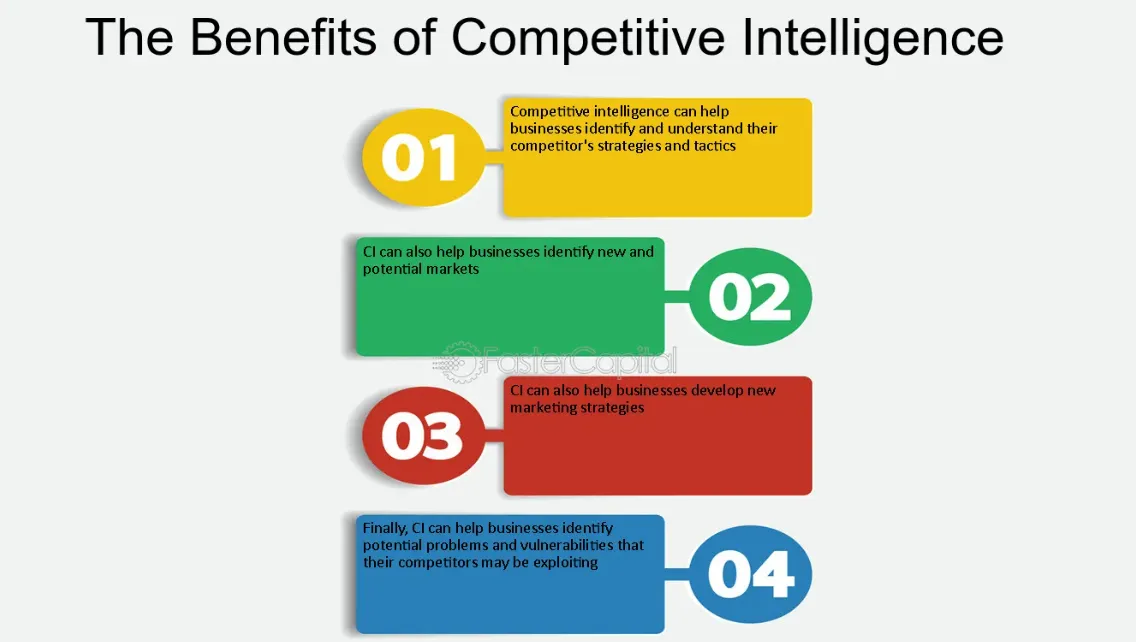The modern workplace is evolving, and so are employee expectations. While traditional benefits like health insurance and retirement plans remain important, they are no longer enough to attract and retain top talent. Today’s workforce values holistic well-being, flexibility, and personalized support, prompting companies to rethink their benefits strategy.
To stay competitive, employers must go beyond the basics and offer alternative benefits that address employees’ mental, physical, and financial wellness. From mental health programs and meal stipends to fertility benefits, innovative perks are becoming essential in today’s job market. Companies that fail to adapt risk losing employees to businesses that prioritize employee well-being in a meaningful way.
Let’s explore why alternative benefits are on the rise and how they can transform workplace culture, employee satisfaction, and retention.
The Growing Demand for Alternative Employee Benefits
A shift in workplace priorities has driven the demand for new types of benefits. Several factors contribute to this change:
A Multigenerational Workforce with Diverse Needs
Millennials and Gen Z employees prioritize work-life balance, mental health, and flexibility more than previous generations.
Gen X and Baby Boomers may value financial wellness and healthcare support, including benefits like fertility treatments or long-term care.
The Rise of Remote and Hybrid Work
With fewer employees commuting to an office daily, traditional in-office perks (like free coffee or on-site gyms) have lost relevance.
Companies need new ways to support remote workers, such as meal stipends, wellness programs, and virtual mental health resources.
The Impact of Workplace Burnout and Mental Health Challenges
Burnout rates are at an all-time high, with 76% of employees reporting stress affects their productivity.
Employees now expect mental health and wellness support as part of their benefits package.
Competitive Job Market & Retention Challenges
Companies that invest in alternative benefits stand out when recruiting top talent.
Employees who feel supported in their personal and professional well-being are more likely to stay with their employer.
Key Alternative Benefits That Employers Should Offer
1. Mental Health & Wellness Programs
Mental health is no longer a taboo topic in the workplace—it’s a priority. Companies that support employees’ mental well-being see higher productivity, lower absenteeism, and stronger retention.
Why It Matters:
The World Health Organization estimates that depression and anxiety cost the global economy $1 trillion per year in lost productivity.
Employees increasingly expect mental health benefits, such as therapy coverage, stress management programs, and mindfulness apps.
What Companies Can Offer:
Free or subsidized therapy sessions (virtual or in-person).
Access to mental health apps like Calm, Headspace, or Talkspace.
Employee Assistance Programs (EAPs) that provide confidential counseling.
Flexible work schedules to reduce stress and prevent burnout.
2. Meal & Food Benefits or Stipends
Good nutrition plays a direct role in employee energy levels and overall well-being. Food benefits—whether through meal stipends, catered lunches, or grocery delivery credits—can improve productivity and show employees they are valued.
Why It Matters:
Food insecurity and poor nutrition impact focus, mental health, and job performance.
Employees save time and money when their employer provides meal assistance.
Companies with remote workers can support employees no matter where they live.
What Companies Can Offer:
Monthly meal stipends that employees can use on meal delivery, groceries, or restaurants.
Catered team lunches (for in-office teams).
Partnerships with meal delivery services like DoorDash or Uber Eats.
3. Fertility & Family Planning Benefits
Family planning support—including fertility treatments, adoption assistance, and parental leave—is becoming a key workplace benefit. More employees are delaying parenthood or facing fertility challenges, making these benefits highly desirable. This family benefits guide can explain in more detail.
Why It Matters:
1 in 6 couples globally experiences infertility, and fertility treatments can cost tens of thousands of dollars.
Employees want support beyond maternity leave, including access to IVF, surrogacy assistance, and flexible parental leave policies.
Offering fertility benefits shows inclusivity and supports diversity, including LGBTQ+ employees who may pursue alternative paths to parenthood.
What Companies Can Offer:
Fertility treatment coverage (IVF, egg freezing, etc.).
Adoption and surrogacy financial assistance.
Expanded parental leave for all parents (not just birth mothers).
4. Financial Wellness & Student Loan Assistance
Financial stress is a major concern for employees, especially Millennials and Gen Z workers, who face rising student debt and housing costs. Financial wellness programs can reduce stress and increase productivity.
Why It Matters:
78% of employees say financial stress affects their performance at work.
Student loan debt remains a major burden, with many employees prioritizing loan payments over savings or retirement.
What Companies Can Offer:
Student loan repayment assistance (monthly contributions toward employees’ loans).
Financial counseling services to help with budgeting, savings, and debt management.
401(k) matching programs that encourage long-term financial health.
5. Work-Life Balance & Flexible Schedules
Employees today value autonomy over their time, making flexible work policies one of the most sought-after benefits. Companies that offer flexibility see higher retention rates and improved job satisfaction.
Why It Matters:
Work-life balance is a top priority for job seekers.
Employees with flexible schedules report lower stress and higher engagement.
What Companies Can Offer:
Remote work options or hybrid schedules.
Unlimited PTO policies (or a generous paid time off structure).
Compressed workweeks (e.g., four-day workweeks).
The Business Case for Offering Alternative Benefits
For employers, offering new and innovative benefits isn’t just about keeping employees happy—it’s a smart business strategy.
Higher Retention Rates – Employees who feel valued are more likely to stay long-term.
Stronger Recruitment Appeal – Competitive benefits attract top talent in a tight job market.
Improved Productivity – Healthier, happier employees perform better at work.
Better Mental Health & Engagement – Supporting employee well-being reduces burnout and absenteeism.
Investing in alternative benefits pays off—for employees and for the company’s bottom line.
The future of work demands a new approach to employee benefits. Traditional perks alone are no longer enough—workers today want mental health support, food benefits, family planning assistance, and financial wellness programs.
By embracing alternative benefits, companies can create a more inclusive, supportive, and competitive workplace that retains top talent and boosts employee satisfaction.
If your company hasn’t expanded its benefits package, now is the time to rethink your approach—because the best employees are looking for more than just a paycheck.
Posted inNews
Why Companies Need to Offer New, Alternative Benefits to Stay Competitive



